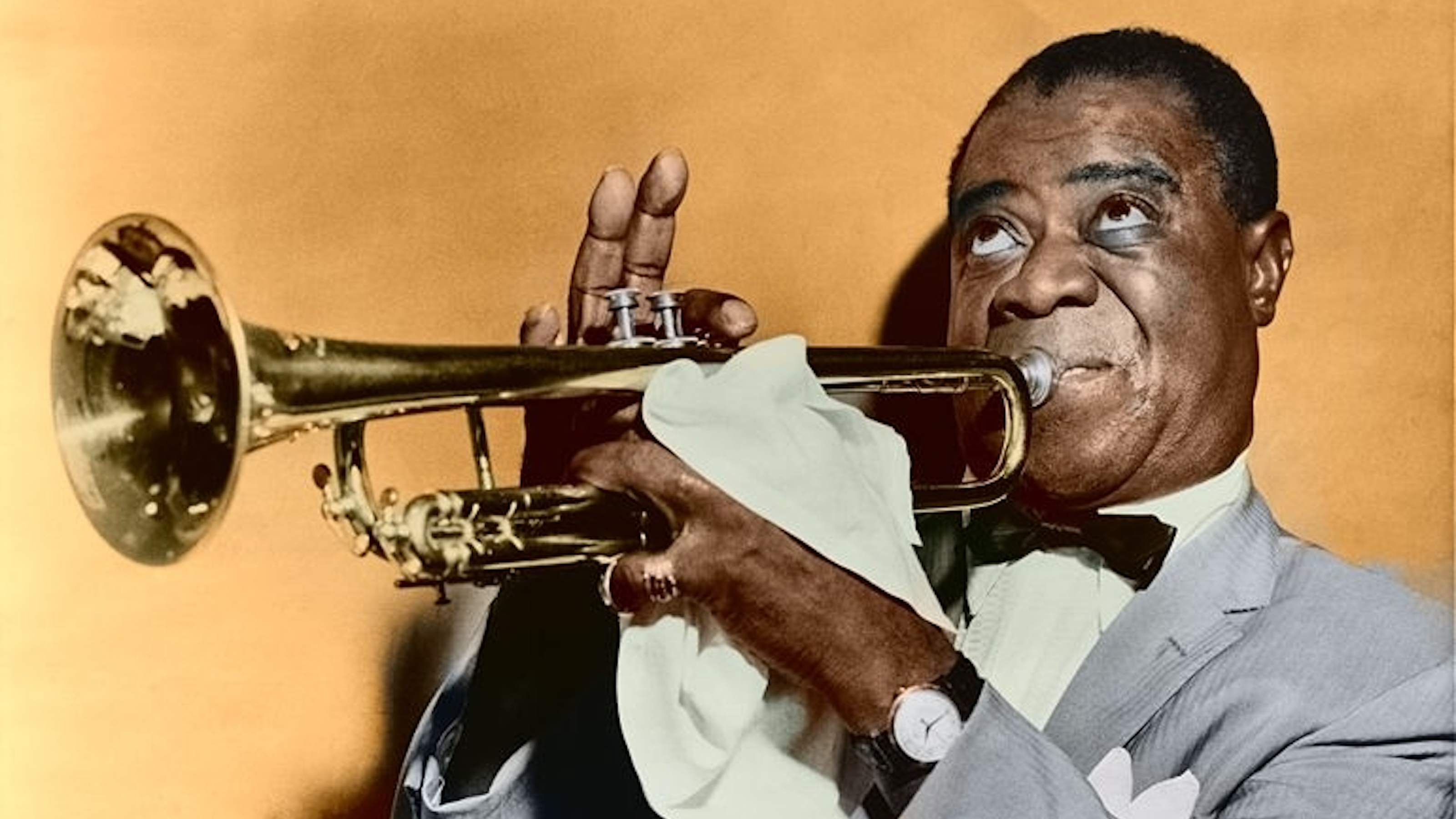Is Social Network an Oxymoron?

So I’ve been thinking some about the fact that “The Social Network” portrays people–even techno-meritocrats–as worse than they really are. I’ve been criticized, of course, for not recognizing the artistry in that approach as a revelation of the emptiness of our time.
One reason I wasn’t so impressed by that approach is that it’s nothing new. It was present in the controversial best-seller of the last generation–Allan Bloom’s The Closing of the American Mind (1987). Bloom described the smart and sophisticated students he taught at the University of Chicago as having flat souls, by which he meant souls without longing. And souls without longing, of course, aren’t really souls at all.
Bloom described his students as unmoved by loved and death, fit to be competent technical specialists and nothing more. They were social solitaries, locked up in themselves, the most erotically lame people ever. They weren’t open to God, didn’t think of themselves of citizens, didn’t have real heroes, and even found it about impossible even to think of themselves as family men and women. Bloom even said that their music was nothing more than the rhythm of mechanical rutting. Their eros had become that one-dimensional!
And so, of course, they even turned friendship into networking. The social network, from this view, isn’t about real friendship or real social life. It’s about people casually exploiting each other to meet their pedestrian personal needs. The film seems to confirm Bloom’s description by not giving us an example of enduring, trustworthy friendship or enduring love between a man and a woman or of a fairly functional and loving family.
Where the film goes beyond Bloom is in displaying the struggle for status or significance. That struggle is unregulated or devoid of “class” or manners or clear standards of decent behavior. That struggle is so important because the leading characters lack any stable standard of personal worth, no genuine “autonomy” or point of view.
Bloom’s book was hated by sophisticates when it came out because he came off as a political conservative in some respects. But he actually seems to have his greatest debt, in analyzing comtemporary self-absorption, to the philosopher Rousseau.
Rousseau’s criticism of modern life seems more LEFT than RIGHT insofar as it’s ANTI-BOURGEOIS. To be bourgeois is to be INAUTHENTIC. When the bourgeois or middle-class guy thinks of others, he thinks of himself–or how he can use others to achieve his personal goals. But when he thinks of himself, he thinks of others–or how he appears in their eyes. He’s very conscious of the image he projects or “dressing for success.”
For the bourgeois guy, there’s no REAL ME, no true, transparent self. In a bourgeois world, we can’t trust anyone to BE HIMSELF, because he or she has no idea who that self is apart from the self he or she constructs to use and impress others. That’s not say that he’s not (like the film’s Zuckerberg) from time to time aware that he has no idea who he is and why he’s doing what’s he doing.
I’m going to say a lot more on this topic: But Bloom was justly criticized for his exaggeration, which was really oversimplification and distortion. And I guess the film should be criticized for the same reason. I’ve also been accused, with justice, for oversimplifying in my descriptions of the middle class on this channel.





